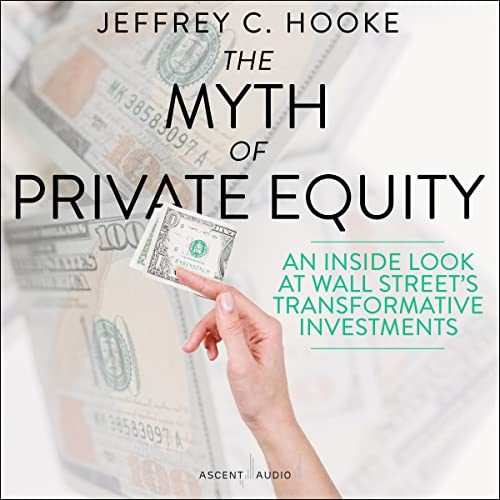What do you think?
Rate this book


Audio CD
Published May 3, 2022
There’s trouble on the horizon for private equity. As the 50-year-old industry matures, investment returns are falling. In fact, for the past three decades, average buyout performance — the return a buyout firm generates from buying, improving, and then selling a company — has been on a downward trend.